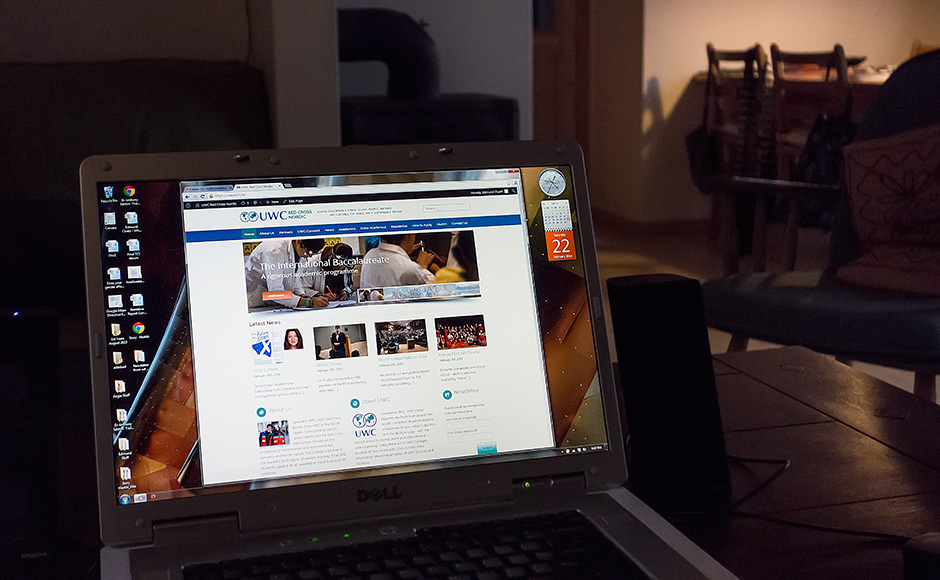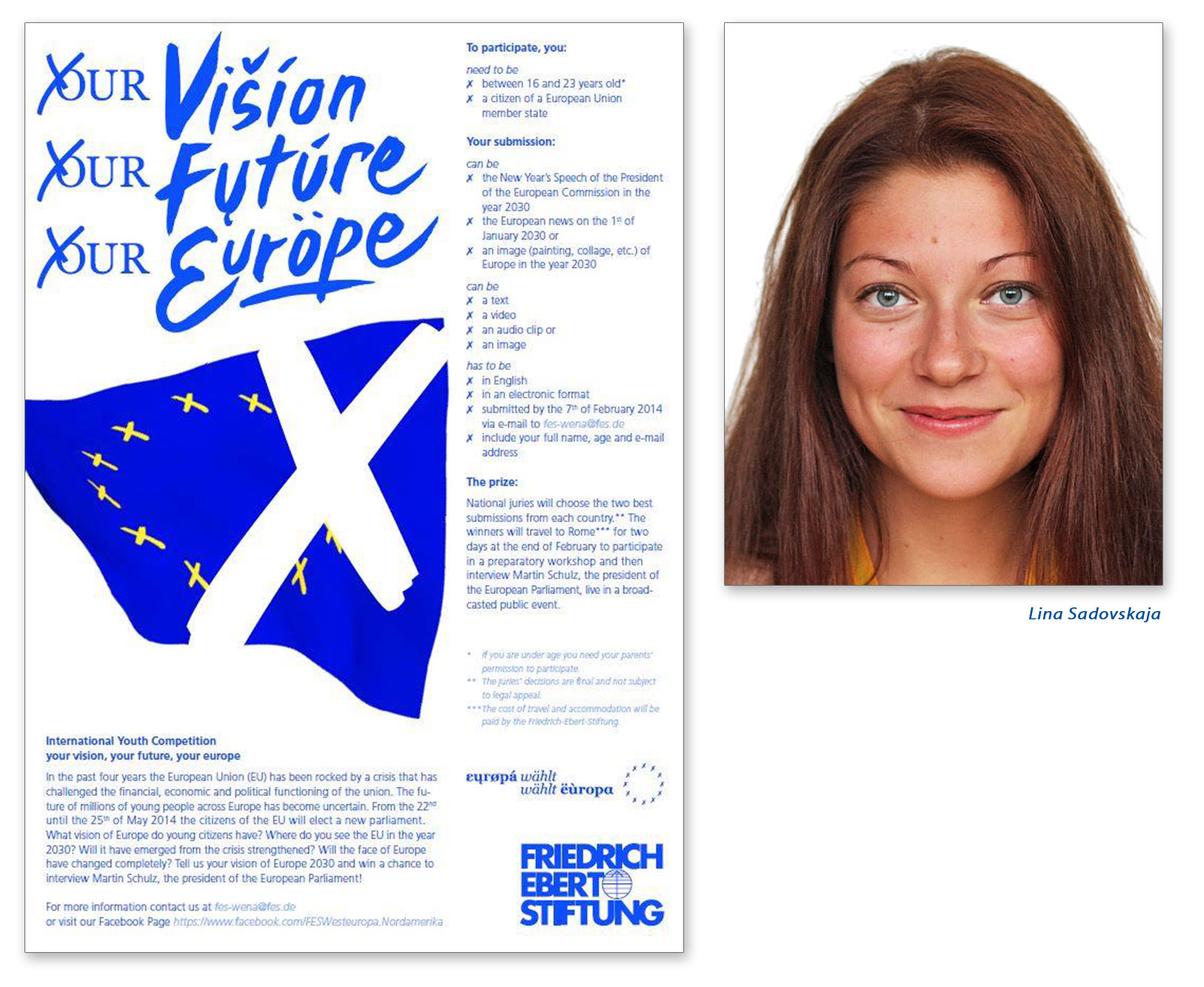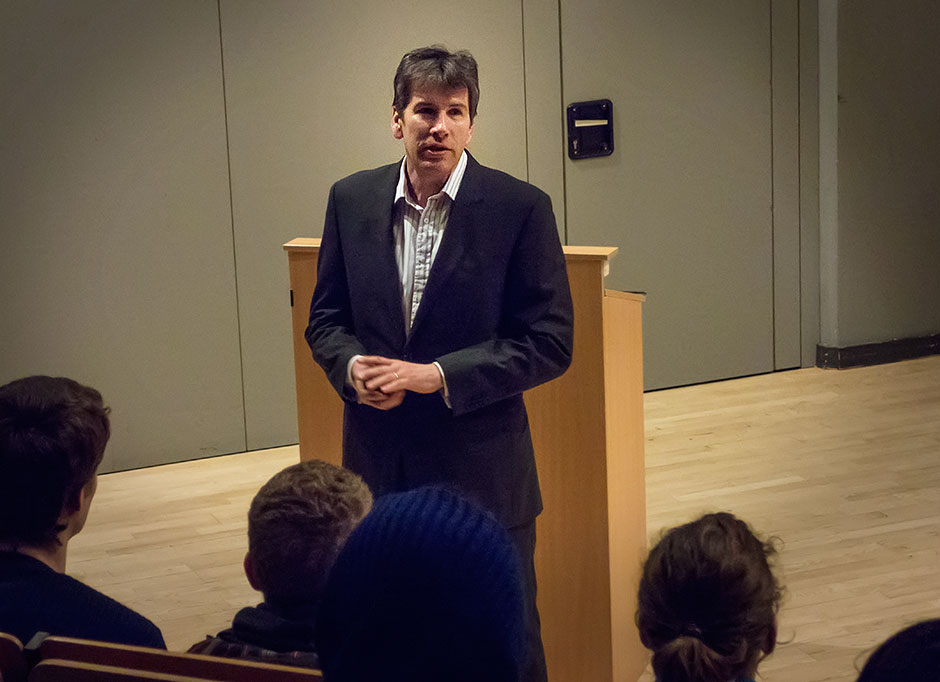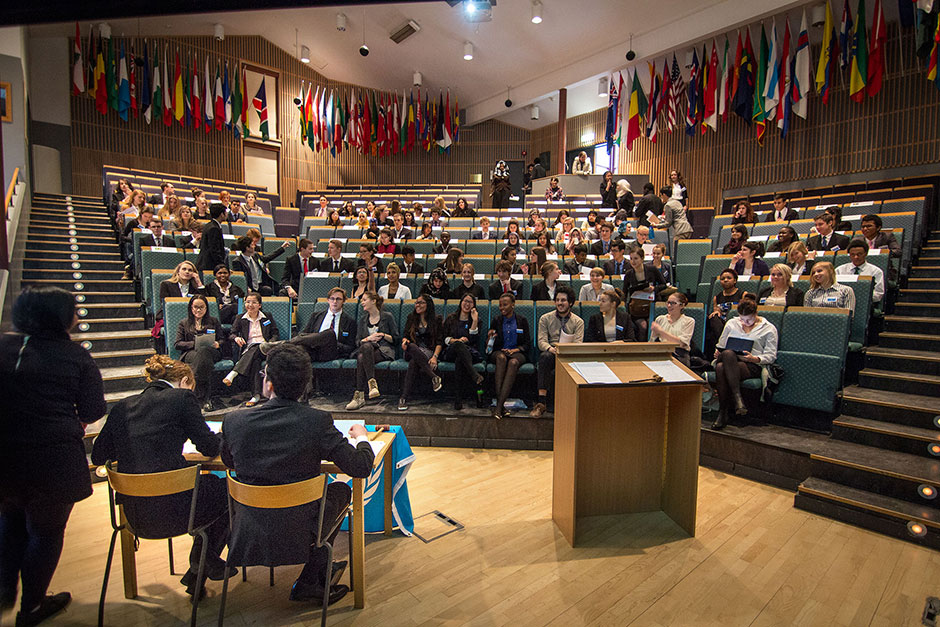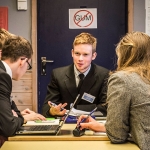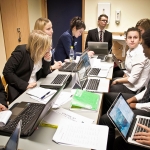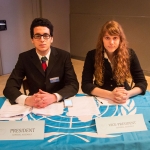New Website launched
We are pleased to announce the launch of the new College website. An editorial team including staff, students, alumni, the International Office and RCN Board representation has helped to create the new website over the past six months. In this way we have made significant strides in developing our main interface with the outside world (including future applicants, parents, alumni, sponsors, supporters, and the general public). The aim for the website is that it should be informative, appealing and reflect the incredible diversity of activities and programmes at the College. We wanted it to be aesthetically appealing, but not at the expense of receiver quality in places that do not have broadband capacity. It is designed to keep our network abreast of developments at the College and also to provide detailed information about what we offer to all those prospective students across the world.
Our facebook page provides images of the day-to-day events at the College – and we invite you to stay connected with RCN through these media. We are also pleased to announce that, in tandem with the new website, we have redesigned our College database (w4) to include an alumni function which is designed to provide up-to-date standard information on individuals which members of our alumni body and former staff can access. Chris Hamper and an external consultant have been at the heart of the design. Our alumni team on campus (led by Arne) have worked together over the past eighteen months on the development of alumni engagement and the design of the database – alongside input from Jean-Paul Ginestier, as Volunteer Alumni Coordinator. We hope that the w4 will both provide alumni with the opportunity to look back through your own personal and unique RCN kaleidoscope and to stay connected with the RCN community in the years to come. Please follow this link to take you to the login page of W4.

